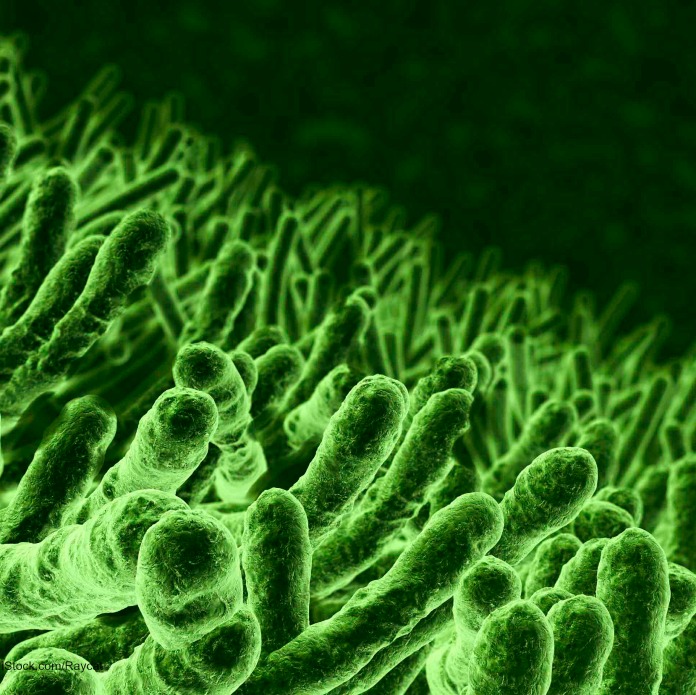Ana Karina Vivas from the Boston Public Health Commission told Food Poisoning Bulletin that 14 people have been sickened with Shiga toxin-producing E. coli (STEC) infections. That company has four restaurants and five food trucks that operate in the area.

Nine of the patients are Boston, Massachusetts residents. All of the illnesses have been confirmed by laboratory tests. A preliminary investigation has found that ten of those sickened reported eating at a Chicken & Rice Guys restaurant or food truck before becoming ill.
Ten of the fourteen people have been hospitalized because they are so sick. There is no word on whether the patients are still hospitalized, or if any of them have developed hemolytic uremic syndrome (HUS), a serious and potentially life-threatening complication of an E. coli infection.
The Boston Public Health Commission and Boston Inspectional Services are working together on this outbreak. A temporary health permit suspension has been issued to all Chicken & Rice Guys establishments in Boston.
BPHC received the first case report on Wednesday, April 5, 2017 and began the investigation at that time. In fact, on April 7, 2017, BPHC released a health alert about five confirmed cases of STEC reported in Boston residents, and five more cases in surrounding Massachusetts towns.

Attorney Fred Pritzker said, “no one should get sick just because they stopped at a food truck for lunch.” You can call Fred at 1-888-377-8900.
The company has been cooperating with the investigation. All employees are being tested for Shiga toxin-producing E. coli bacteria through stool specimens, which is standard protocol in this type of investigation. A review of food handling practices, as well as environmental cleaning, will be completed before any of the sites re-open.
Previous E. coli outbreaks have been linked to contaminated food, especially ground beef, produce, and raw or unpasteurized milk or cider. In these outbreaks, food has been contaminated early in the food chain, or was improperly cooked, as in the case of an E. coli outbreak linked to ground beef last year.
The symptoms of an E. coli infection include severe and painful stomach and abdominal cramps, diarrhea that may be bloody and/or watery, and a mild fever. these symptoms usually appear a few days after exposure to the pathogenic bacteria. Some people recover on their own without medical care, but others become so sick they need to be hospitalized.
If an E. coli infection is treated with antibiotics, or if the patient is young, a complication called hemolytic uremic syndrome (HUS) can develop. The symptoms of HUS include little or no urine output, easy bruising, lethargy, pale skin, a skin rash, and bleeding from the nose or mouth. This complication can cause kidney failure, strokes, seizures, and death.
The BPHC is asking that anyone who has these symptoms see their doctor as soon as possible. An E. coli infection can have lasting health consequences. Anyone who has had HUS may need kidney dialysis or a kidney transplant in the future.




